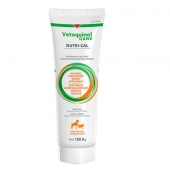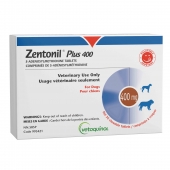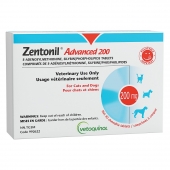It’s such a classic image: a motherly figure wearing an apron putting down a saucer of fresh milk as a kitten approaches. This familiar scene popping up in books, TV shows and movies for so long surely means milk is good for your cat, right? Not according to veterinary science for a simple reason: most cats are lactose intolerant.
Cats and milk: where the myth comes from
There’s no definitive answer on this, but one theory suggests that this habit goes back to when farmers started domesticating cats more widely. Cats being skillful predators, some farmers would leave food (mainly milk and cheese) in their storage barns to attract cats and have the animals around to keep rodents under control.
Cats and lactose intolerance
Processed milk and most dairy products contain lactose, a type of sugar. Most cats (and some people too) produce insufficient lactase, the enzyme that breaks down lactose for digestion. Undigested lactose remains in the intestines, where it provides a ripe environment for bacteria to ferment. This reaction is responsible for lactose intolerance symptoms: an upset stomach, discomfort, diarrhea and even vomiting, which can all lead to changes in appetite and weight loss.
Kitten and their mother’s milk
When they’re born and for the first few months of their life, kittens produce enough lactase to properly digest their mother’s milk. As their teeth come in, they will begin eating food instead. Over time, as their body adapts to their new diet, lactase production becomes unnecessary, and dairy products grow increasingly difficult to digest.
To keep your cat hydrated, water is enough
While some adult cats have no problem drinking milk, veterinarians advise against it since it provides no tangible nutritional value to them and the high fat content could still lead to other gastrointestinal issues. Cats just need to drink water to stay healthy! If you’re concerned your cat isn’t drinking sufficiently, wet canned food and frozen treats are delicious ways to keep them hydrated.



